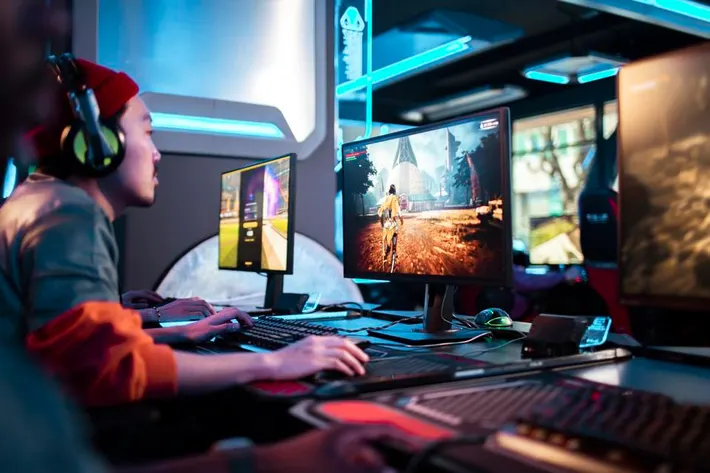Artificial Intelligence (AI) is playing an increasingly vital role in shaping the future of gaming, from creating smarter non-player characters (NPCs) to generating dynamic game environments. While AI enhances player experience and offers endless creative potential, it also introduces several unique challenges that the gaming industry must address.
What Are the Challenges of AI in Gaming?
AI in gaming involves using algorithms to design intelligent behaviors, generate content, personalize experiences, and adapt gameplay in real time. However, as AI becomes more integrated, concerns emerge related to fairness, control, development complexity, and ethical implications.
Key Challenges in AI and Gaming
Fairness and Balance
AI-powered opponents can sometimes become too powerful or too predictable, leading to an unfair or unsatisfying player experience. Striking the right balance between challenging gameplay and player enjoyment is a significant challenge when designing AI-driven characters.
Development Complexity
Building sophisticated AI systems requires advanced programming, significant computational resources, and extensive testing. Creating adaptive AI that can adjust to different playstyles without breaking the game’s balance increases development time and cost.
Ethical Concerns
AI in gaming can raise ethical questions, especially when AI is used to manipulate player behavior. Some AI systems are designed to encourage microtransactions or extended playtime, which can lead to addictive patterns and concerns about player well-being.
Player Privacy
Many modern games use AI to personalize player experiences by analyzing gameplay data. While this can enhance engagement, it also raises concerns about data privacy, consent, and the potential misuse of personal information.
Predictability and Boredom
If not properly designed, AI opponents can become repetitive and predictable over time, reducing the challenge and excitement of the game. Developing AI that continues to surprise and engage players throughout extended gameplay is a complex task.
Bias in AI Systems
Just like in other industries, AI in gaming can unintentionally carry biases from the data it’s trained on. This can result in unequal representations or unfair advantages within games, potentially alienating certain player groups.
Real-Time Performance
Advanced AI models can be computationally demanding, which may lead to performance issues such as lag, frame drops, or reduced responsiveness, especially in fast-paced or multiplayer games.
Conclusion
AI in gaming offers groundbreaking possibilities, from lifelike NPCs to immersive, evolving worlds. However, it also brings challenges in fairness, ethics, complexity, and player safety. Developers must carefully navigate these issues to create engaging, balanced, and responsible gaming experiences. As AI continues to evolve, the future of gaming will depend on finding the right harmony between technological advancement and player-centered design.



Leave feedback about this